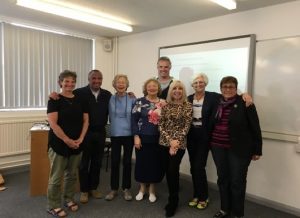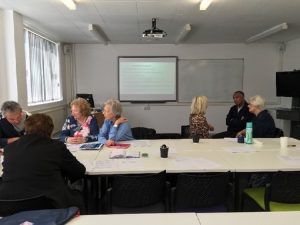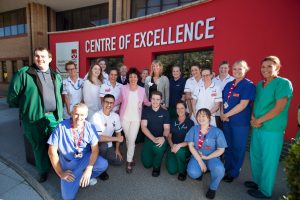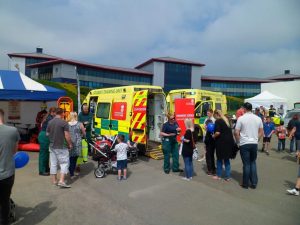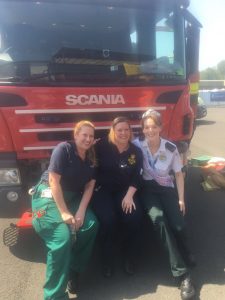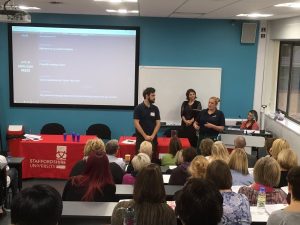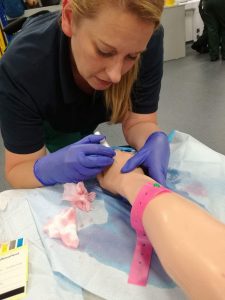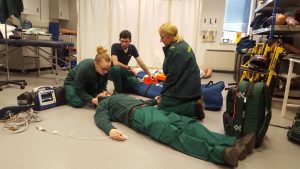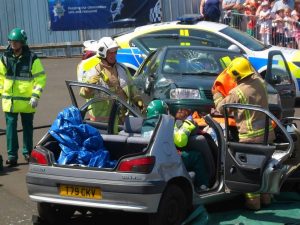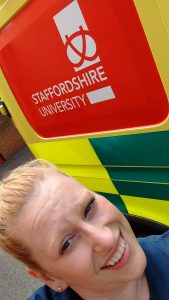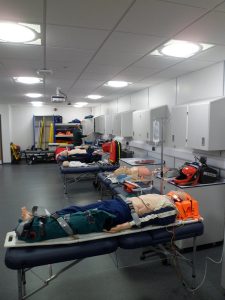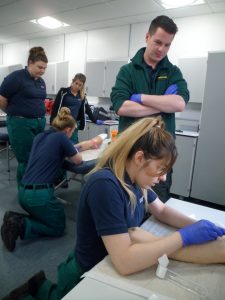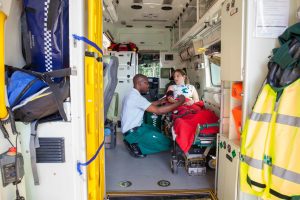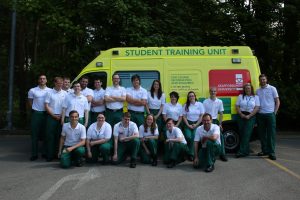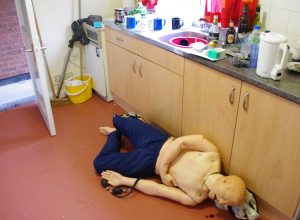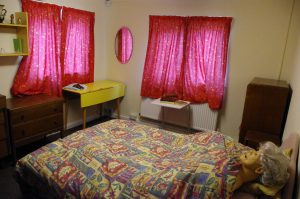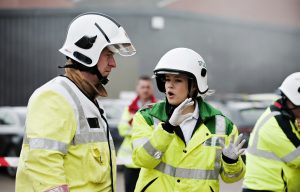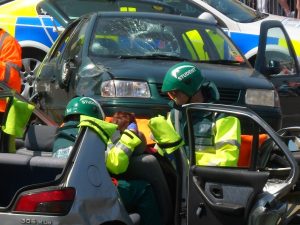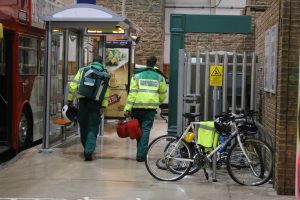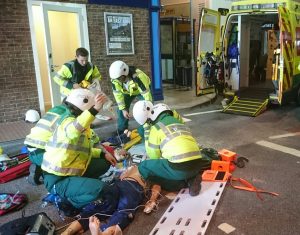The Queens Nursing Institute celebrated 150 year of District Nursing back in 2009. Few people realise that the origins of District Nursing go back so far, indeed prior to the establishment of the National Health Service in 1948 and the outbreak of war.
In fact, you have to go back to Victorian times and a wealthy Liverpool merchant by the name of William Rathbone who employed a nurse to care for his dying wife at home. After his wife’s death William then employed the nurse to go into the poorest districts of Liverpool to nurse the poor, teach hygiene and relieve suffering.
Going further he then financed a training school in Liverpool to prepare nurses for working in the community and home setting. Liverpool was divided into eighteen districts hence the name ‘District Nurse’ and with this District nursing was born.

William Rathbone was supported in his endeavour by Florence Nightingale and investment from Queen Victoria that ensured that training of this workforce grew and continued throughout the country.
The first District Nursing students would have to first train in the hospital setting for a year. They would work an eight-hour day with two hours dedicated to study and two hours allowed for leisure. Training would also include the nursing of mothers and infants post childbirth, and if in a rural setting at least three months of approved midwifery training.
“The syllabus reflected Nightingales dual aims of curative care and preventative education by including sanitary reform, teaching health matters, ventilation, drainage, water supply, diets for the healthy and the sick, the feeding of infants, infectious diseases, monthly nursing of lying in women and the care of new born infants”
Howse (2007) Pg.74
By 1876 District Nursing Institutes existed in Manchester, Derby Leicester, London, Glasgow and Dublin. However, District Nursing was not without opposition The Lancet questioned investing money into such a service and felt that the money may be better invested in increased hospital beds or improving housing.
Staffordshire university is extremely proud to have trained District Nurses since 1998 and continues to this day.
For further history related to District Nursing with video footage and gallery follow this link: – http://www.districtnursing150.org.uk/film_05.htm
Sources
The Queens Nursing Institute (2009) 2020 vision: Focusing on the future of district nursing. London:QNI.
Howse, C.(2007) The Ultimate Destination of all Nursing: The development of District Nursing in England, 1880-1925. Nursing History review 15,.pp.65-94.
Shelley Howles, lecturer, School of Health and Social Care, Shelley.Howles@staffs.ac.uk


